Rangers, forest rangers, and wildlife officers…They work under different titles and their work is vast, outstanding, and terrific as well. They are all bound by a single thread of conserving the natural world.
Around the world, rangers are at the forefront of the fight to protect our natural heritage. They are doing a service beyond their job and may even lose their lives in the line of duty. Sri Lanka is one of the biodiversity hotspots in the world and ‘rangers’ are key protectors of natural areas. This article is based on special interviews done by BEEZ of the Faculty Of Science, the University of Colombo with regards to World Ranger Day, or the “Frontline Heroes of The Wild”. The main target of the article is to a make small attempt to appreciate the rangers’ service and to make awareness about rangers in society.
Who are Rangers?
WWF (World Wildlife Fund) uses the term “Ranger” to refer to any professional involved in the protection and management of national parks and natural areas. According to the Wildlife Conservation Department of Sri Lanka, a ”Ranger” is known as one of the officers empowered to enforce the Wildlife and Flora Protection Ordinance.
What do the Rangers do?
According to WWF, a ranger’s work is dynamic and covers six key areas: patrolling, monitoring wildlife, combating poaching, engaging with local communities, managing fires, and assisting tourism. In Sri Lanka, Wildlife and Flora Protection Ordinance describes a ranger’s duties as protecting wildlife, flora, and their habitats, preventing improper/commercial consumption, and biodiversity conservation, protection, conservation, and management of
sanctuaries/reserves, and ensuring the protection of wild animals declared by the Wildlife and Flora Protection Ordinance. In addition to that, conducting anti-poaching patrols, monitoring wildlife and forest, combating wildlife crime, and organizing activities/projects for forest conservation involving government, non-governmental organizations, universities, schools, and local communities, observing animal behaviors and environmental changes, profit management of national gardens, are the duties assigned to rangers. Sometimes rangers have to work as
military soldiers for such cases.
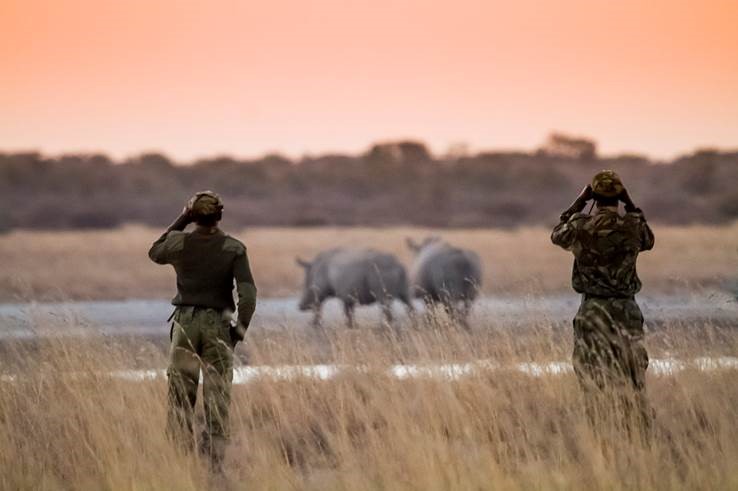
What are the challenges they face?
Working as a ranger is a difficult task. They have to face critical situations and harsh conditions during the day and nighttime field visits, threats from wild animals such as wild elephants and wild buffalos, as well as threats from criminals while combating organized crime. While arresting criminals, rangers are injured, and sometimes it can be life-threatening. Rangers do their duty to protect Mother Nature while overcoming such terrible situations.
What are the obstacles to the proper execution of the work of rangers?
The current situation of the job of a ranger has become riskier than in the past two decades since the establishment of the Wildlife Conservation Department. At present, large-scale organized crimes monitored by local as well as foreign organizations in forests are incensed and the use of modern technology and equipment for crimes, are some of the major obstacles. Lack of technology and knowledge to combat crimes is the main difficulty faced by rangers. The heist of genes of endemic flora and fauna is another crime that rangers have to prevent. The difficulty in protecting such plants and animals is due to the increased awareness of society of their high value through the internet and other sources.
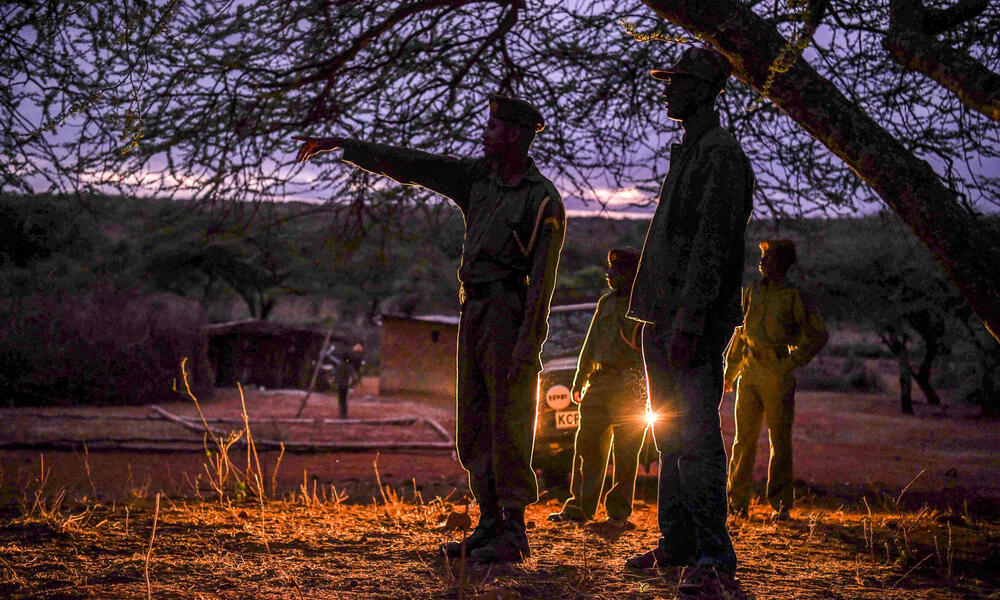
How do rangers overcome these obstacles?
Rangers have to be updated with theoretical as well as practical knowledge according to the changing world to overcome their obstacles. Conservation activities need to be based on information rather than based on experience. Paying attention to the methods used by different countries of the world for conservation, extracting relevant information, and conducting research are the best ways to improve conservation methods and control the crimes in forests.
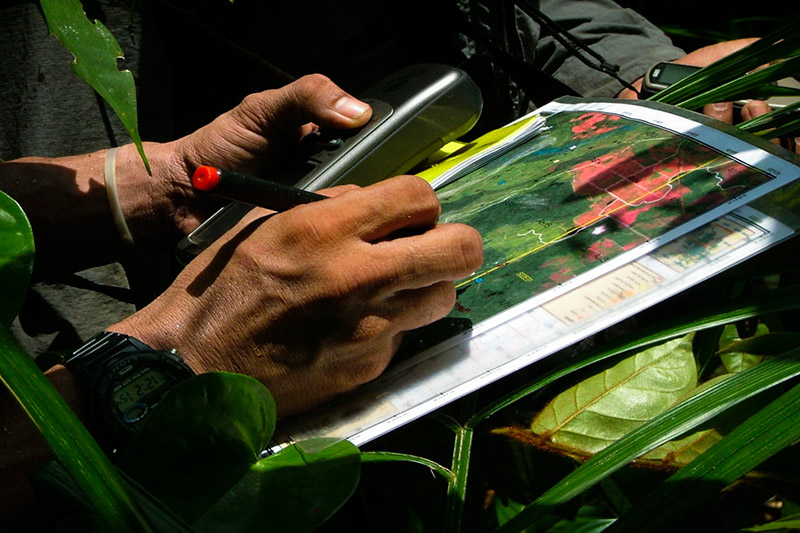
Wildlife conservation projects by Rangers in Sri Lanka
Rangers conduct various conservation projects as a part of their duty. Conducting censuses of forests in Sri Lanka as well as qualitative and quantitative censuses of plant diversity in forests, conducting data collecting programs about the net amount of absorbing Carbon in forests, maintaining a forest landscape restoration program by using modern technology, and also ecosystem conservation and management programs in Sinharaja rain forest, Kanneliya rain forest, and Knuckles Mountain range, with the collaborations of Wildlife Conservation Department and Forest Conservation Department. Apart from those main projects, rangers mark boundaries of forests to ensure their protection and put up billboards to make awareness in the community.
World Ranger Day
World Ranger Day is celebrated around the world on July 31st each year to mark the anniversary of the founding of the International Ranger Federation (IRF), an organization that supports the work of rangers as key protectors of conservation. The next World Rangers Conference will be held in the Azores in 2023.
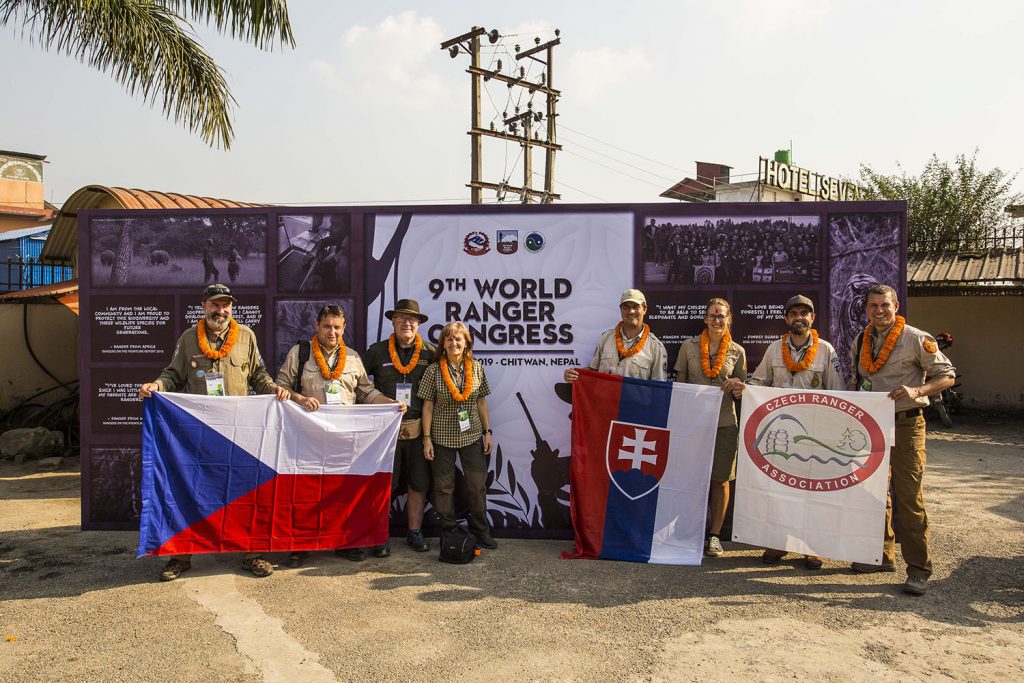
World Ranger Day commemorates rangers killed or injured in the line of duty and celebrates the critical work rangers do to protect natural resources.
World Ranger Day is a unique opportunity for the entire nation to recognize the tremendous service that Rangers do by risking their lives for the protection of the environment and wildlife.
With regards to the tagline “Frontline Heroes of the Wild”, a series of competitions is conducted by the BEEZ, which includes a kids’ drawing competition, and a digital art and poetry competition that is open to everyone.
Written By:
K. A. Kavindana Nirmani,
2nd Year Undergraduate,
Faculty of Science,
University of Colombo.
Resource Persons:
- Mr. Piyal Ravindra Kumara – (Wildlife Ranger grade 1, Wildlife Wayamba Zonal Office)
- Mr. Kapila Ariyarathna – (Wildlife Ranger-Lahugala)
- Mr. Nissanka Thushntha Prasad Karunarathne – (Wildlife Ranger-Mathale)
- Mr. W. M. Kumarasiri Wijekoon – (Wildlife Ranger)
References:
- What is A Ranger? (n.d.). WWF. Retrieved July 23, 2021, from https://tigers.panda.org/news_and_stories/stories/what_is_a_ranger_/
- Days Of The Year. (2020, May 12). World Ranger Day. https://www.daysoftheyear.com/days/world-ranger-day/
Image Courtesy:
- Title Image: https://bit.ly/3zN07qP
- 1st Content Image: https://bit.ly/3PJC4i3
- 2nd Content Image: https://bit.ly/3PWZksv
- 3rd Content Image: https://bit.ly/3zlbWD1
- 4th Content Image: https://bit.ly/3zsidvf

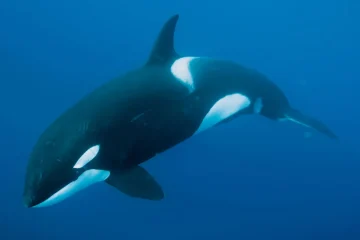

0 Comments